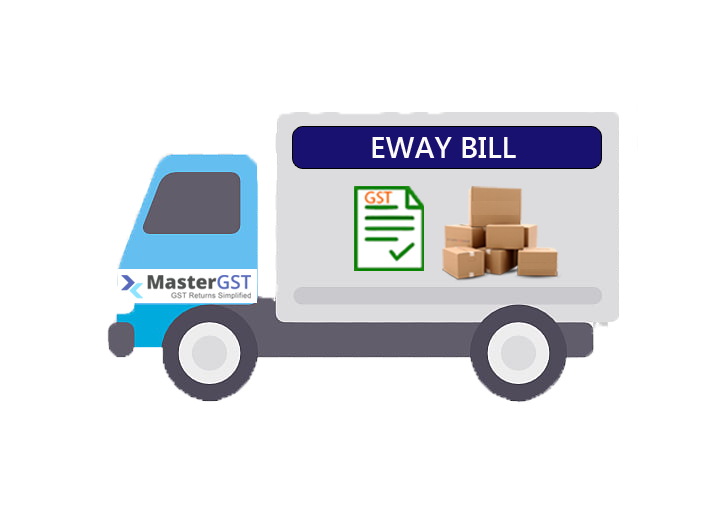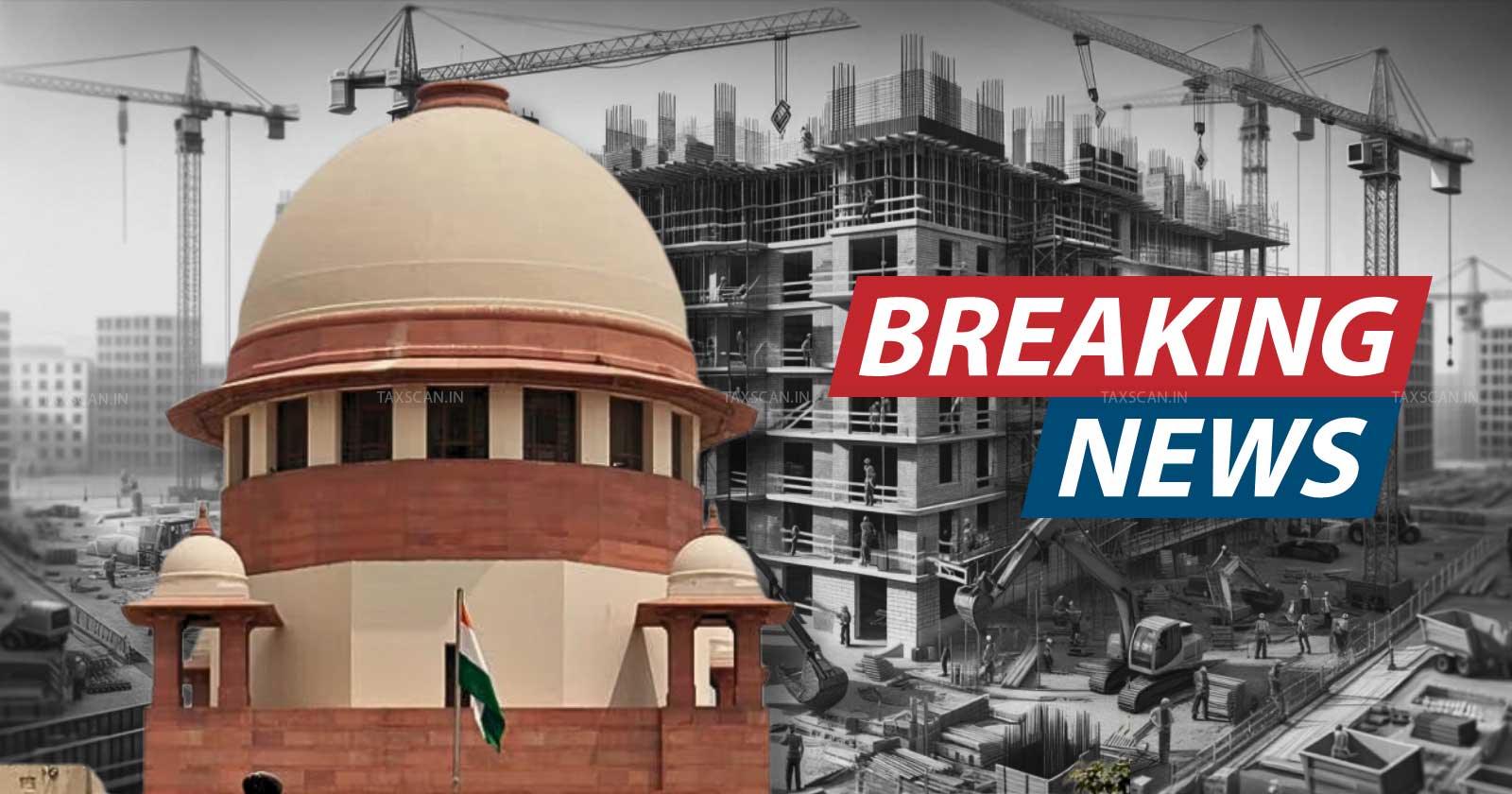Category: Goods and service tax
Time Limit on ITC Claims Declared Arbitrary: Anand Steel v. Union of India
In a significant judgment delivered on November 22, 2024, the High Court of Madhya Pradesh ruled on the constitutional validity of Section 16(4) of the Central Goods and Services Tax (CGST) Act, 2017, in the case of Anand Steel v. Union of India. This case consolidated multiple writ petitions challenging the time limit imposed on claiming Input Tax Credit (ITC).
Key Issues Addressed
-
Validity of Section 16(4) of CGST Act, 2017:
- Section 16(4) disallows ITC if the taxpayer fails to file returns within the prescribed time limit.
-
Constitutionality of the Provision:
- Section 16(4) states of the CGST Act specifies that no registered person can take Input Tax Credit (ITC) for any invoice or debit note issued against the supply of goods or services after the due date for filing the return for November of the next financial year, or the actual date of filing the annual return for that year. The main objective of Section 16(4) of CGST Act 2017 is to ensure that the claims are made on time.
- Petitioners argued that Section 16(4) violated Articles 14 (Right to Equality), 19(1)(g) (Freedom of Trade), and 300A (Right to Property) of the Constitution.
Court’s Findings
-
Section 16(4) Found Arbitrary:
- The Court declared the provision as capricious and unjust, as it imposed an unreasonable time limit on claiming ITC.
-
Impact on Taxpayers:
- GST laws already penalize late filing of returns through interest and late fees.
- Denying ITC for delayed returns effectively punishes taxpayers twice for a single default.
-
No Option for Revised Returns:
- Under GST laws, taxpayers cannot revise their returns, which makes the time limit even more restrictive.
-
Contradiction in the Statute:
- Section 16(4) was found to conflict with the broader scheme of the CGST Act, particularly the non-obstante clause in Section 16(2), which grants ITC eligibility.
Resolution and Government Action
-
Relief Through Amendments and Impact:
- The Finance Act, 2024 introduced amendments under Section 118, removing the time limit for claiming ITC for financial years 2017-18 to 2020-21.
- The Court set aside all show cause notices and assessment orders issued under Section 16(4).
- The State Government retained the liberty to initiate appropriate actions in light of the new amendments.
Why This Judgment Matters
-
For Businesses in Gujarat and Beyond:
- Gujarat, as a thriving hub for industries and exports, stands to benefit significantly from this judgment. Taxpayers in Gujarat and other states can now avoid losing ITC due to procedural delays.
- The ruling emphasizes that GST laws should not penalize businesses disproportionately, fostering a more taxpayer-friendly system.
Practical Implications for Taxpayers
- Businesses that missed deadlines for ITC claims can now revisit past returns and file for unclaimed credits.
- axpayers no longer need to fear losing ITC due to procedural delays, especially during financial audits or reconciliations.
Conclusion
The Anand Steel judgment is a landmark for taxpayers, ensuring a balance between compliance and fairness under the GST regime. Businesses in Gujarat and across India should keep track of such legal developments to optimize their tax planning and ensure compliance.









